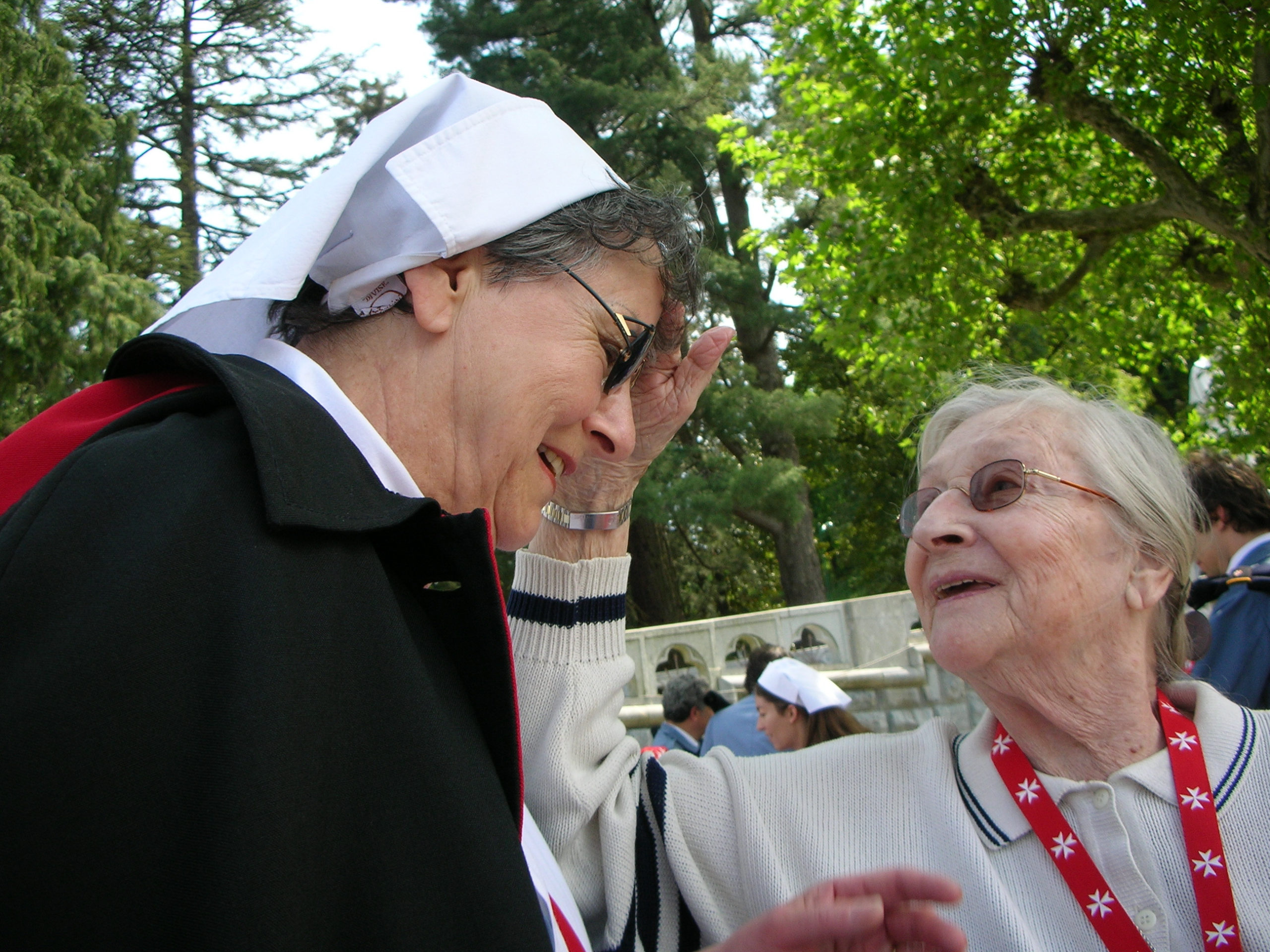
L’Ordre Souverain de Malte est l'une des institutions les plus anciennes de la civilisation occidentale et chrétienne. Ordre religieux et laïc de l’Eglise Catholique depuis 1113 et sujet de droit international, l’Ordre Souverain de Malte entretient des relations diplomatiques avec plus de cent Etats, ainsi qu’avec l‘Union Européenne et jouit d’un statut d’observateur permanent aux Nations Unies. Il est neutre, impartial et apolitique.
L’Ordre de Malte est aujourd’hui actif dans 120 pays, se dédiant aux personnes dans le besoin à travers des activités médicales, sociales et humanitaires. Au quotidien, son large spectre de projets sociaux fournit un soutien à ceux qui sont oubliés ou exclus par la société.

